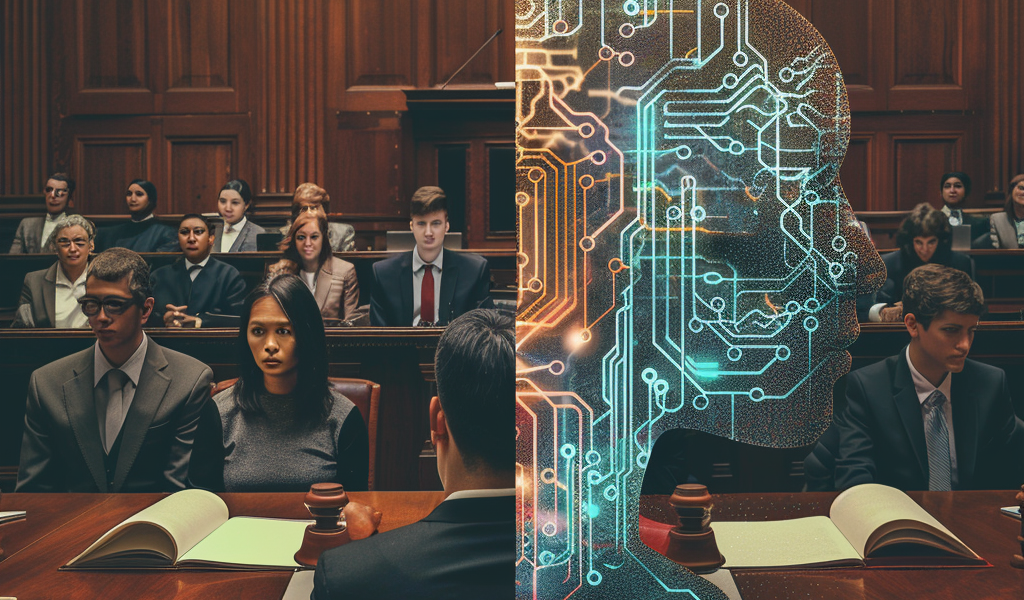In a significant legal development, a group of authors, including notable comedian Sarah Silverman, has enlisted the expertise of renowned attorney David Boies to bolster their copyright infringement case against Meta Platforms Inc. This action follows a critical assessment from Judge Vince Chhabria of the U.S. District Court for the Northern District of California, who expressed dissatisfaction with the authors’ previous legal representation.
The authors allege that Meta has unlawfully utilized their literary works to train its artificial intelligence (AI) model without obtaining the necessary permissions. This claim has sparked considerable attention, highlighting ongoing concerns about copyright violations in the rapidly evolving field of AI.
David Boies, a prominent figure in the legal arena, is known for his high-profile cases and has a reputation for taking on challenging litigation. His involvement signals a strategic shift in the authors’ approach, aiming to strengthen their legal position against Meta, a company that has faced increasing scrutiny over its data practices and content usage.
Judge Chhabria’s recent comments during a case management hearing indicated that the authors’ previous legal team from the Joseph Saveri Law Firm LLP had not met the court’s expectations. This prompted the authors to seek Boies’ firm, Boies Schiller Flexner LLP, which is based in New York, to navigate the complexities of their case more effectively.
The lawsuit raises critical questions about the intersection of intellectual property rights and technological advancements. As AI continues to evolve, the legal implications of using existing works for machine learning and other applications remain a contentious issue. The authors’ claims emphasize the need for clear guidelines and protections for creative works in the digital age.
Meta, a leading player in the tech industry, has been at the forefront of AI development, pushing the boundaries of what is possible with machine learning. However, the company has also faced numerous legal challenges related to its practices, particularly concerning user data and content rights. This case could set a precedent for how AI companies handle copyrighted material in the future.
The outcome of this legal battle could have far-reaching implications not only for Meta but also for other companies operating in the AI space. As the industry grapples with ethical and legal considerations, the authors’ case serves as a reminder of the importance of respecting intellectual property rights.
As the litigation unfolds, the authors and their new legal team will likely focus on establishing a robust argument for how Meta’s actions have infringed upon their rights. This case could pave the way for greater accountability in the tech industry, particularly regarding the use of creative works in AI training.
With the involvement of a high-profile attorney like David Boies, the authors are poised to make a strong case against Meta. The legal community and tech industry will be closely monitoring the developments in this case as it progresses through the courts.
The ongoing debate over AI and copyright law underscores the need for a comprehensive understanding of how technology interacts with existing legal frameworks. As more creators and innovators enter the digital landscape, the importance of protecting intellectual property cannot be overstated.
This case highlights the challenges faced by authors and creators in an age where technology is rapidly changing the way content is produced and consumed. The resolution of this lawsuit may not only impact the parties involved but could also influence future legislation and policy regarding AI and copyright.
As the legal proceedings move forward, the authors’ fight against Meta serves as a pivotal moment in the ongoing discussion about the rights of creators in the digital realm. The implications of this case extend beyond the courtroom, potentially shaping the future of AI development and its relationship with intellectual property rights.





